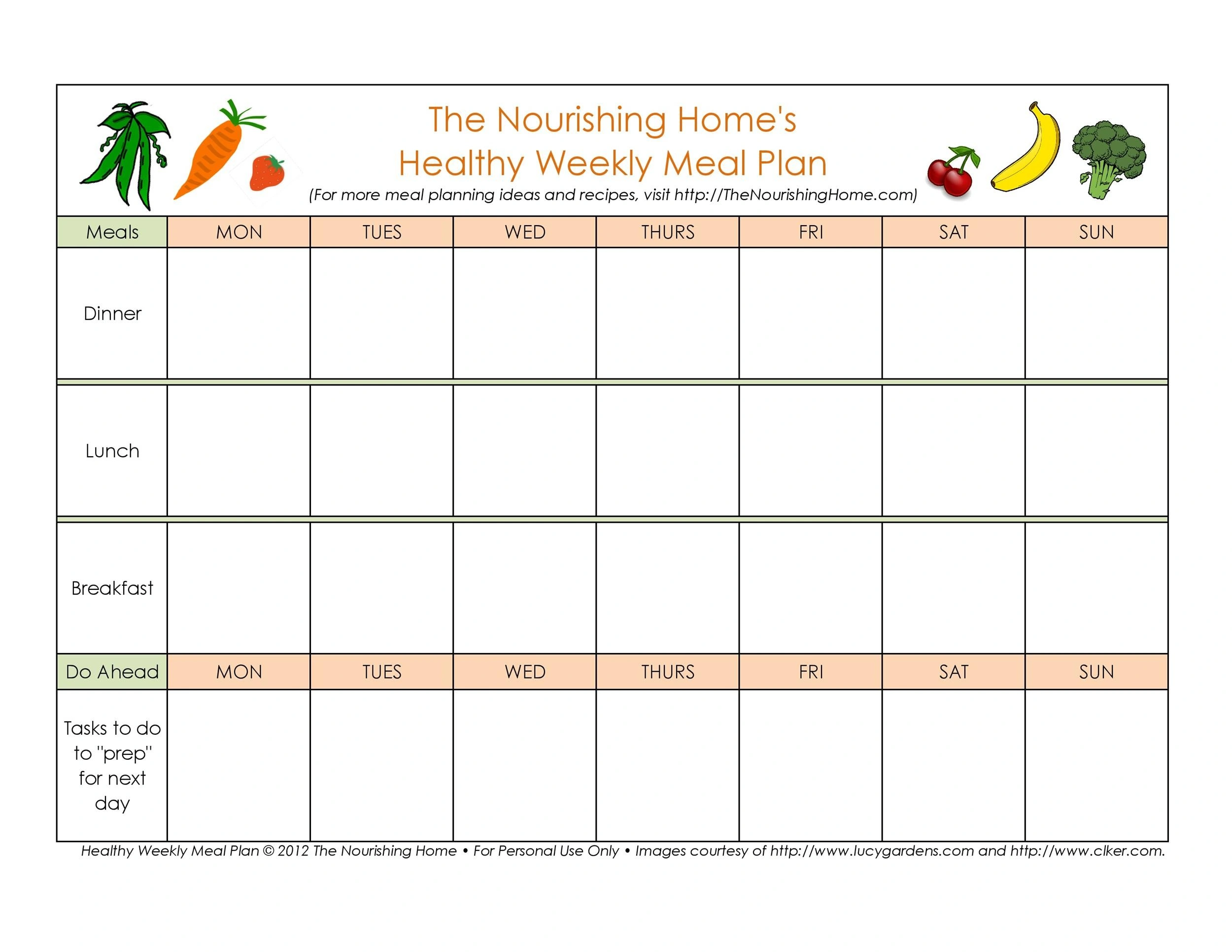Having a reliable food schedule plays a crucial role in maintaining physical health, mental well-being, and overall lifestyle balance. It involves aligning your eating patterns with your body’s natural circadian rhythms, resulting in numerous health benefits and practical life management advantages.

By following a consistent food schedule, you can ensure that your body receives the nutrients it needs at the right times, leading to improved energy levels, better digestion, and overall well-being.
What is a Food Schedule?
A food schedule refers to a structured plan of when and what you eat throughout the day. It involves establishing set meal times and choosing nutritious foods to consume at those times.
By following a food schedule, you can create a routine that supports your body’s natural rhythms and enhances your overall health.
Why Establishing a Food Schedule is Important?
Creating a consistent food schedule is essential for several reasons:
- Regulates hunger and cravings: By eating at regular intervals, you can better control your hunger and reduce cravings for unhealthy foods.
- Improves digestion: Eating on a regular schedule can help optimize your digestive process and prevent digestive issues.
- Boosts energy levels: Consistent meals can provide a steady source of energy throughout the day, helping you stay alert and focused.
- Promotes weight management: A food schedule can aid in weight loss or maintenance by preventing overeating and promoting portion control.
- Supports overall health: By nourishing your body with balanced meals at regular intervals, you can support your immune system, metabolism, and other vital functions.
Key Elements of a Successful Food Schedule
When creating a food schedule, consider the following key elements:
- Set meal times: Establish specific times for breakfast, lunch, dinner, and snacks to create a consistent routine.
- Include a variety of foods: Ensure your meals are balanced and include a mix of proteins, carbohydrates, fats, fruits, and vegetables.
- Stay hydrated: Don’t forget to drink plenty of water throughout the day to stay hydrated and support digestion.
- Listen to your body: Pay attention to your hunger cues and adjust your food schedule as needed to meet your body’s needs.
- Avoid skipping meals: Try to eat at regular intervals to prevent dips in energy levels and maintain stable blood sugar levels.
How to Establish a Consistent Food Schedule
Follow these steps to create a successful food schedule:
1. Plan your meals ahead of time
Take the time to plan your meals for the week, including snacks, to ensure you have all the necessary ingredients on hand. Consider preparing meals in advance, such as batch cooking or meal prepping, to save time during busy days.
2. Set specific meal times
Determine when you will eat breakfast, lunch, dinner, and snacks each day and stick to those times as closely as possible. Try to space your meals evenly throughout the day to maintain steady energy levels and support digestion.
3. Choose nutrient-dense foods
Select foods that are rich in nutrients and provide the energy and nourishment your body needs to function optimally. Include a mix of lean proteins, whole grains, fruits, vegetables, and healthy fats in your meals to ensure a well-rounded diet.
4. Listen to your hunger cues
Pay attention to your body’s hunger signals and eat when you feel hungry to maintain energy levels and prevent overeating. Avoid waiting until you are overly hungry to eat, as this can lead to poor food choices and excessive portions.
5. Incorporate variety into your meals
Include a diverse range of foods in your meals to ensure you are meeting your nutritional needs and enjoying a flavorful diet. Experiment with different recipes, ingredients, and cooking methods to keep your meals interesting and satisfying.
6. Practice mindful eating
Take the time to savor and enjoy your meals without distractions, such as phones or screens. Eating mindfully can help you appreciate the flavors and textures of your food, as well as tune into your body’s satiety signals to prevent overeating.
7. Stay consistent with your food schedule
Try to adhere to your meal times and food choices as consistently as possible to establish a routine that supports your overall health and well-being. Consistency is key in maintaining a successful food schedule and reaping the benefits of balanced nutrition.
8. Monitor and adjust as needed
Pay attention to how your body responds to your food schedule and make adjustments as needed to better meet your nutritional needs and lifestyle demands. Be flexible in adapting your meal times and choices based on changes in your schedule or appetite.
Free Food Schedule Template
In conclusion, a Food Schedule helps you plan meals, track nutrition, and maintain a balanced diet for yourself or your family.
Stay organized and make healthier choices—download our Food Schedule Template today to simplify your meal planning and eating routine!
Food Schedule Template – WORD